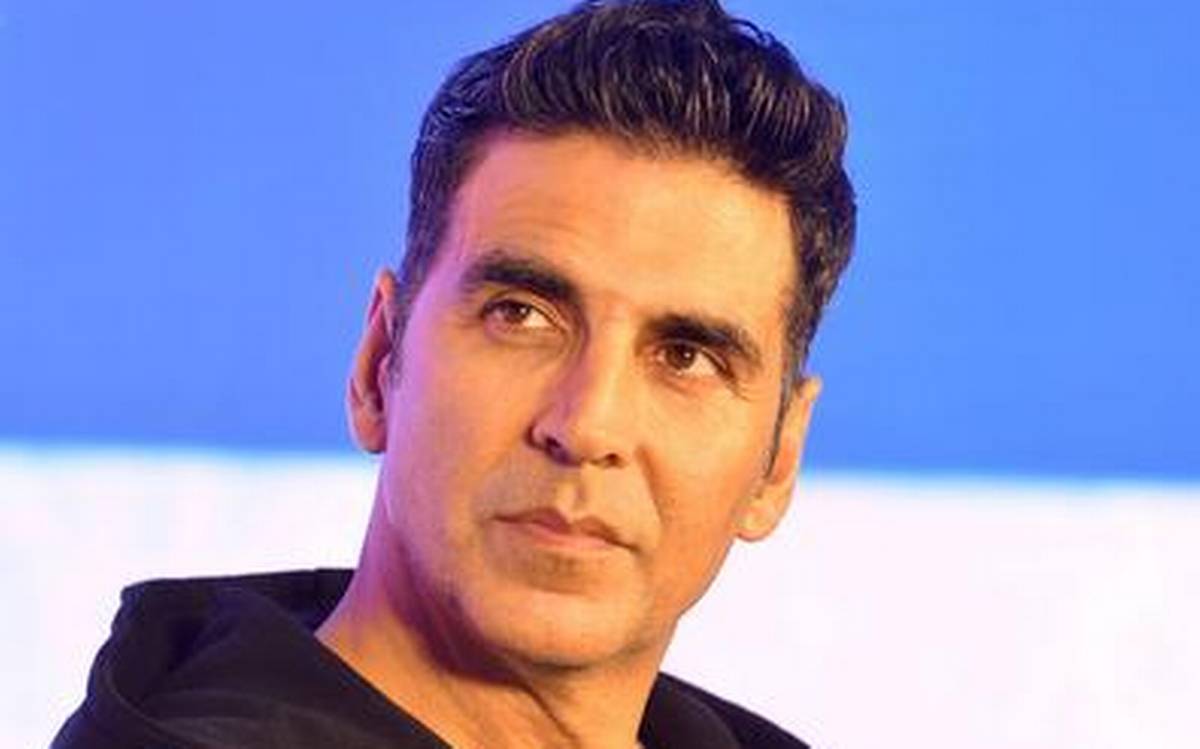The COVID-19 virus has created havoc on the healthcare system all across the world. In this tough time, telemedicine is stepping up into the spotlight in helping healthcare provider organizations and caregivers.
Tattvan, India’s first-of-its-kind telemedicine company that established a widespread telemedicine business with its ‘brick & mortar’ model, has a clear motto of providing the best medical diagnosis, prompt cure, right guidance, and best consultancy, anywhere.
Telemedicine can be a major tool to bridge the healthcare gap between rural and urban India. It works with an aim to provide healthcare facilities to people in these areas, but also generate employment through their new initiative in tier-2 and tier-3 cities.
Tattvan employs Tele-mobile operators who are also known as ‘Nirogi Gram Mitra’ and are trained by Tattvan E-Clinics experts in a period of 30 day – 45 days course.
The TMOs are trained in carrying out vital check-ups for the patients such as taking ECG, SPO2, Blood Pressure, and Body Temperature via diagnostic devices, they are also trained in carrying out teleconsultations through Tattvan telemedicine platform.
In an exclusive interaction with Healthwire Media, Mr. Ayush Mishra, the founder, and CEO of Tattvan, talks about the role of Telemedicine In Times of COVID-19 And Beyond.
“ We are undergoing a second wave of COVID-19, everyone including me and you, we are all facing the same thing and Covid-19 has taught us a great lesson, hence we need to look at healthcare with fresh approach using technology towards healthcare and technology will be playing a larger role in this view in the coming future.”, he said.
According to a survey, around 50% of consumers reported a decline in face-to-face doctor consultations during the pandemic. Have you noticed any significant shift in consumer behavior towards e-health and telemedicine?
Mr. Ayush explains, “I would say there is a massive change on both sides of this spectrum,there’s a massive change in the consumer’s behavior and the patient behavior in terms of how comfortable they are in taking doctor’s consultation online and with telemedicine. Along with that we have seen a massive change in the doctor’s behavior as well. As I have personally experienced that during the time of Covid, there were a handful of doctors who were very comfortable with telemedicine but post-pandemic, doctors have also started to realize the potential of telemedicine as they were forced to use telemedicine.”
Watch the full interview here:











